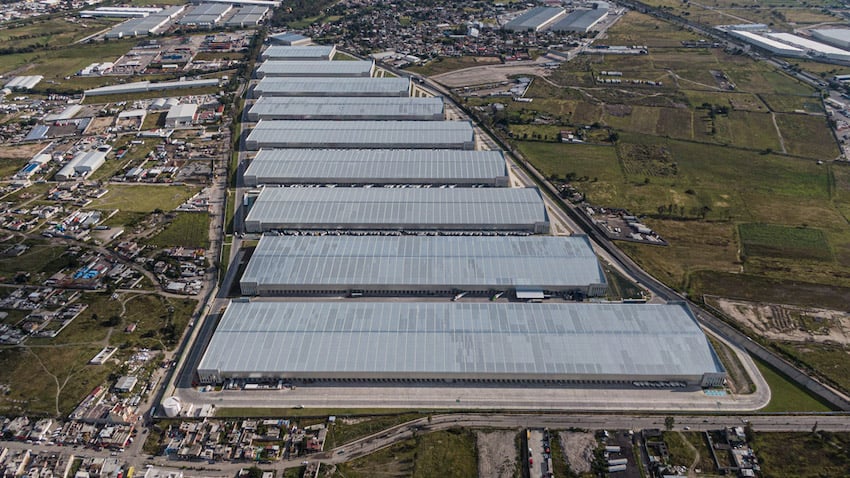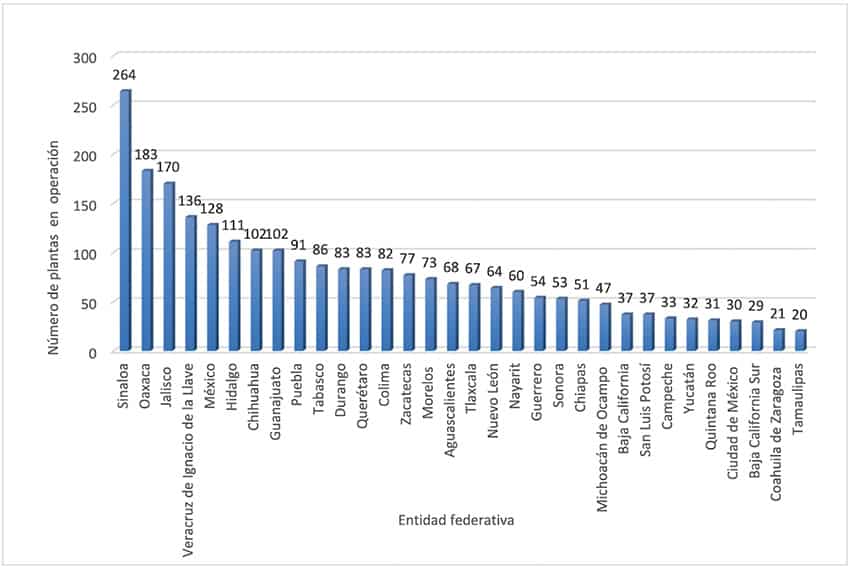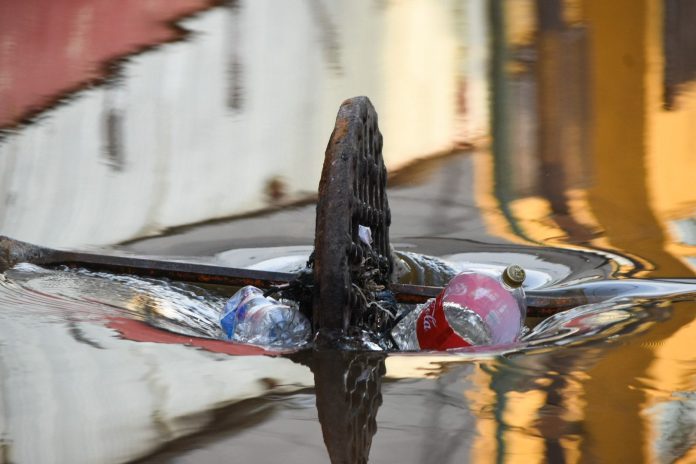Mexico needs to update legislation surrounding access and distribution of water in the country, said the Mexican Institute for Competitiveness (IMCO).
In a press release to celebrate World Water Day, the group called on the federal government to ensure that access to clean water and sanitation is enshrined in law.

The United Nations recognizes access to water as a basic human right.
Twelve million Mexicans currently do not have access to clean drinking water. According to government statistics, a survey of national water infrastructure revealed that four states have no drinking water treatment facilities at all. A further six had fewer than three.
The National Institute of Statistics and Geography (INEGI) revealed that 58% of the country does not have wastewater treatment — although these statistics were originally published in 2020.
Despite a 2012 resolution to implement a new general water law, no new legislation has been passed since 1992. The Supreme Court has denounced this failure to issue new legislation, calling it a “legislative omission.”

A major issue identified by IMCO was the misuse of water extraction rights. Extraction titles last between five and 30 years but have no transparent transfer process — meaning that there is little oversight of how much water is being used and who is using it.
There have been reports that in some regions of the country, water rights have been provided to farmers free of charge but have later been discovered to have been diverted to industrial parks, which use significantly more water. Without proper measurement and government oversight, IMCO estimates that up to 15% of clean drinking water in Mexico has been misappropriated in this manner.
This misappropriation is particularly critical, as droughts have intensified over the last decade, and the overexploitation of aquifers has increased by 15%, placing more stress on an already precarious system.
Amongst the problems facing Mexico are poor management of public resources and an inability to track water levels and basins at a national level. This has made water management a geopolitical issue, rather than a geophysical one, and has limited the ability of the Federal Water Commission to monitor supply and demand.

A lack of monitoring in piping systems also means that authorities are unable to identify leaks in real-time, leading to significant wastage and supply disruption.
To address these problems, the federal Water Resources Commission (Conagua) has proposed a new national fund for water infrastructure, designed to meet the needs of the country by 2030. If approved, IMCO estimates this will cost 600 billion pesos.
Both the current government and opposition have agreed that passing a new law should take priority, but no action has yet been taken to do so.
“A more modern legal and regulatory framework will not solve the challenges of water management by itself,” warns IMCO, “but it is an essential condition to guide the country toward more efficient water systems that guarantee access to water for all Mexicans.”
